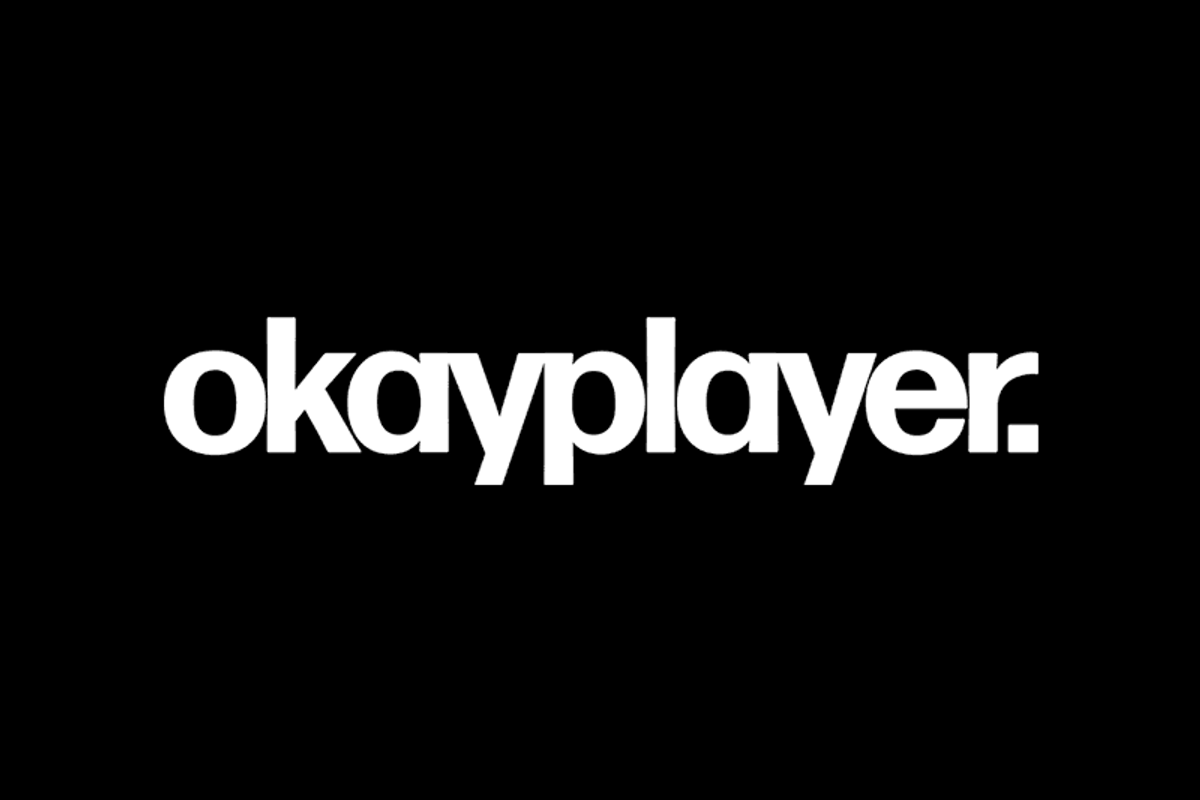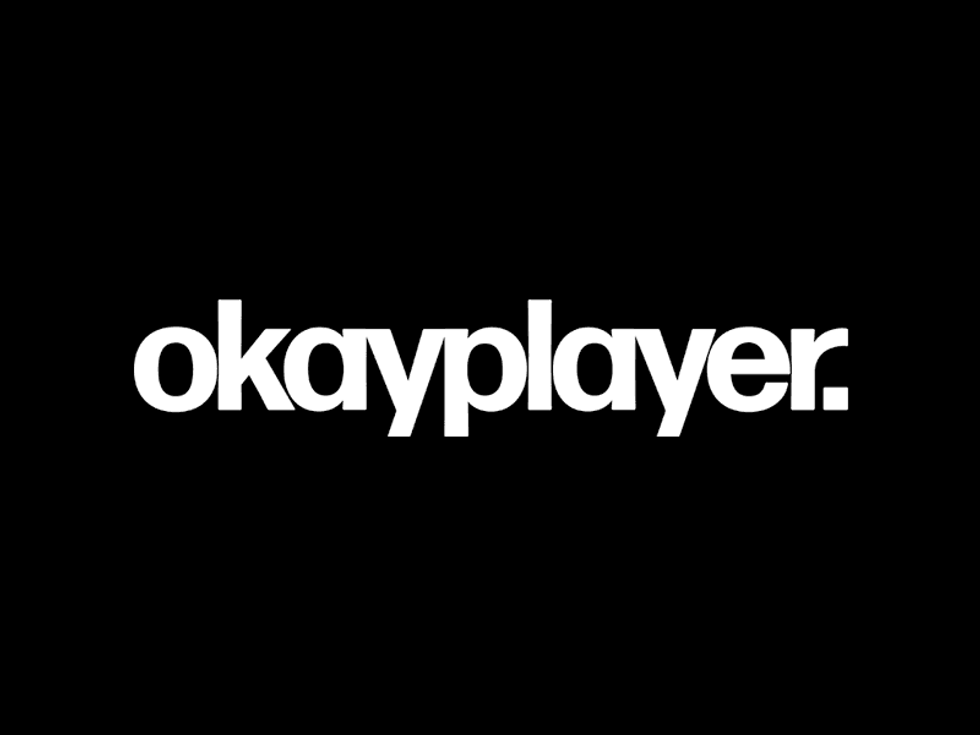
DJ Gardy Girault Is Elevating The Haitian EDM Movement To The World Stage
To continue reading
Create a free account or sign in to unlock more free articles.
By continuing, you agree to the Terms of Service and acknowledge our Privacy Policy
Register
The content is free, but you must be subscribed to Okayplayer to continue reading.
THANK YOU FOR SUBSCRIBING
Join our newsletter family to stay tapped into the latest in Hip Hop culture!
Login
To continue reading login to your account.
Forgot your password?
Please enter the email address you use for your account so we can send you a link to reset your password:


“You know, it feels like the world is finally associating Haiti with its positive, rich culture,” said Gardy Girault, fresh off his evening flight from Dubai and just a few days after performing his EDM trademark, “Rara Tech,” in several European cities. “Hip-hop is still dominating in the U.S.; we participate and make our own version of it, but we also have something very unique to offer the world—our own tradition.”
We’re lounging in Miami's Wynwood Yard, discussing the ways in which afro-pop has built a connecting bridge for the African diaspora, and how Jamaicans and Puerto Ricans have historically used their soft power, their musical export, to entice investment in their respective country. Haitian culture, on the other hand, has been reluctantly insular—Haiti is a francophone country surrounded by Latin American and Caribbean neighbors, whose marginalized groups tend to spark cultural movements in Spanish or English.
“It's officially Haiti's time now,” said Girault, sitting on a high barstool, grinning and nodding his head.
Techno and House, which originally derived from its black American protest roots in Detroit and Chicago, is now infused with a fresh hybrid of traditional Haitian sounds called Rara, a form of festival music celebrating African ancestry with vodou (voodoo) and Taíno indigenous elements. Visit the Haitian capital of Port-au-Prince, the epicenter of the movement, and an eclectic community of DJs and artists will steer aficionados towards Gardy Girault’s legendary dance party, No Passport.
Girault, through his infectious music production, is spreading the “No Passport” vibes to American audiences. He is playing alongside Haitian EDM star Michael Brun at the sold-out Music Hall of Williamsburg in New York on November 24th. @Okayplayer caught up with Girault to continue our conversation on the lifeline of the burgeoning wave and what he wants the world to know about Haiti.
Okayplayer: Haiti is most typically known for its Kompa, Racine and Rara music genres with a good amount of artists who have made historic marks in hip-hop. But why do you think Rara Tech and Haitian dance music are so appealing to international audiences right now?
Gardy Girault: Haitian music is a mix of all the influences of the different cultures we came in contact with such as the indigenous, African, European, and Latin cultures. Haiti, being the first independent slave nation in the western hemisphere also meant that it kept a good amount of authenticity with its African roots. Most Haitian music has a strong lean on melody and rhythm, incorporating different instruments or keeping basic with just the drums.
OKP: Despite a major socio-political setback involving TPS, there is somewhat of a Haitian renaissance going on in multiple industries, specifically in tech, arts and entertainment. Are we in a Haitian renaissance? And do you think it's much easier to export Haitian culture now?
GG: I believe that Haiti is a country rich in culture, arts, and entertainment and the world has just begun to discover it, because of the impact of technology and social media. I don't quite feel yet that we are in a Haitian renaissance; it feels more like an African renaissance, with Haiti on its way with this movement. The more exposure we get and the more we present ourselves, the easier it becomes for us to show the world our culture, our art, our music, and the enjoyment of an international audience.
OKP: You’re extremely versatile and you take your music production very seriously. When did you discover electronic music?
GG: I discovered it quite young as a child listening to it on the radio. In Haiti, the radio stations also play hits from the United States and Europe. I always liked to dig deep in discovery, searching different music and its origins, which then allowed me to learn about the Detroit/Chicago/New York emerging house scene.
OKP: Your album, "Ghetto Leyane," is coming out in December. Tell me about the title and what inspired this project?
GG: The track “Ghetto Leyane,” which is also the album title, was actually recorded in Ghetto Leyane, which is a slum in downtown Port au Prince. What inspired me to do this project was to show the real raw beauty of this area, give them respect and appreciation.

OKP: I know that you also do work in Cité Soleil. Is there an established humanitarian component to this movement?
GG: I believe that in order for there to be change we must be proactive in our own evolution, support our local communities, and help bridge or begin to bridge the gap that exists between the different levels that currently exist today especially in education. I’m part of a group called Konbit Soley Leve which believes that education is the key to liberation.
OKP: In 2014, Vice-run channel Thump shot a mini-documentary about the different stories that exist for each DJ and artist in the Haitian dance movement. How close-knit is the community? And does everyone have the same goals?
GG: What reunites this community is art. Within the different genres that exist, you will find that some people are closer than others. For the most part Haitians will come together for an event or cause and present a united front. Though we do not have the same goals, as a whole, Haitian artists are focused and have passion.
OKP: After the Ghetto Leyane album, you plan on releasing a visual concept project next year that illustrates the regional differences in Haiti. Tell me little more about the next project.
GG: My next project is still in the beginning stages of concept, so I'm unable to elaborate on what it will entail. But, I wanted to show the different sides, good and bad, customs, and cultural habits that the different regions of Haiti have to offer.
OKP: This holiday season is quite busy for the Haitian diaspora. On November 18th, Haitians celebrated the "Battle of Vertières," the last major battle of the Haitian Revolution. And January 1st is Haiti’s Independence Day. What else do you want the world to know about Haiti?
GG: Haiti is not only the poor images that are so regularly displayed by the media or political instability. If you venture to find out, you will be surprisingly delighted. Though we are missing the infrastructures and discipline of many other Caribbean nations, we offer a rich scene waiting to be discovered and enjoyed. What hold us back is the same phenomena for many other up and coming/third world countries: a paralysis by a controlling governing group of people who manage to keep the improvement and development of the nation by lack of education.
Wilkine Brutus is a Miami-based writer and web series producer whose work has been featured in Ebony Magazine, MTV, Complex and Sirius XM. Follow his latest and greatest on Twitter @wilkinebrutus.